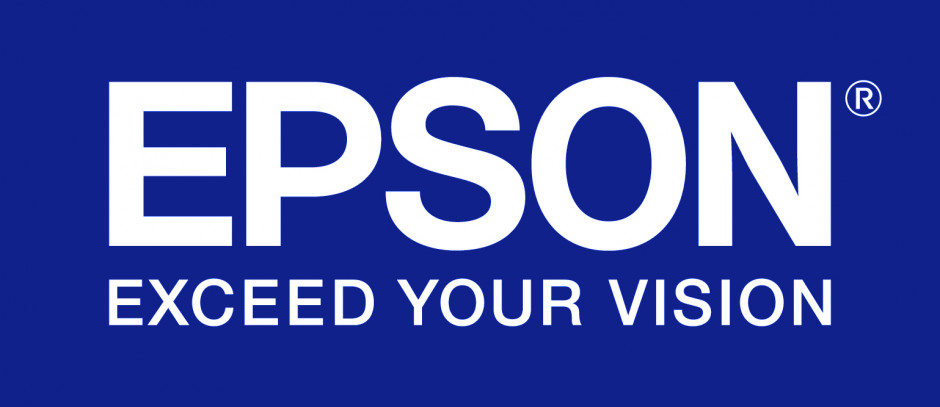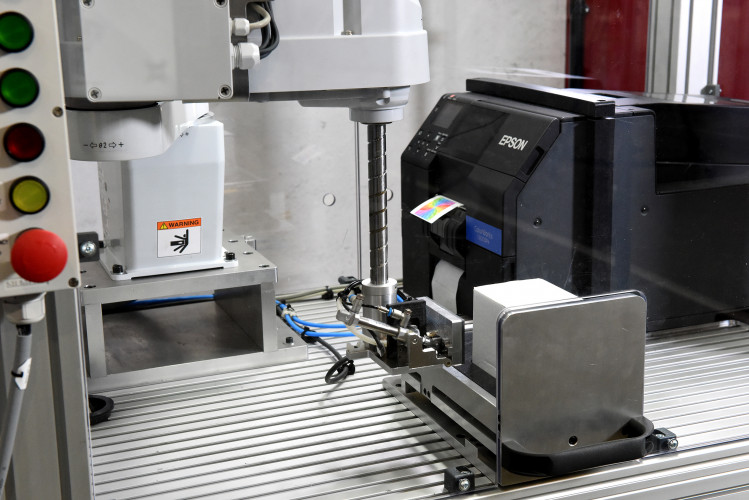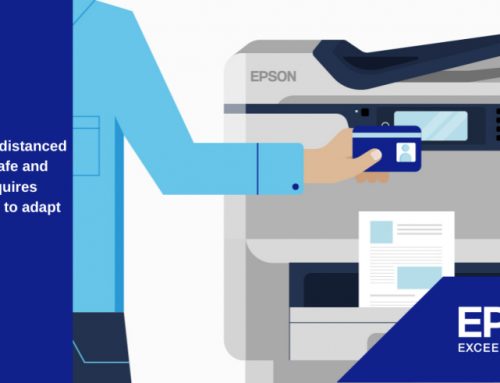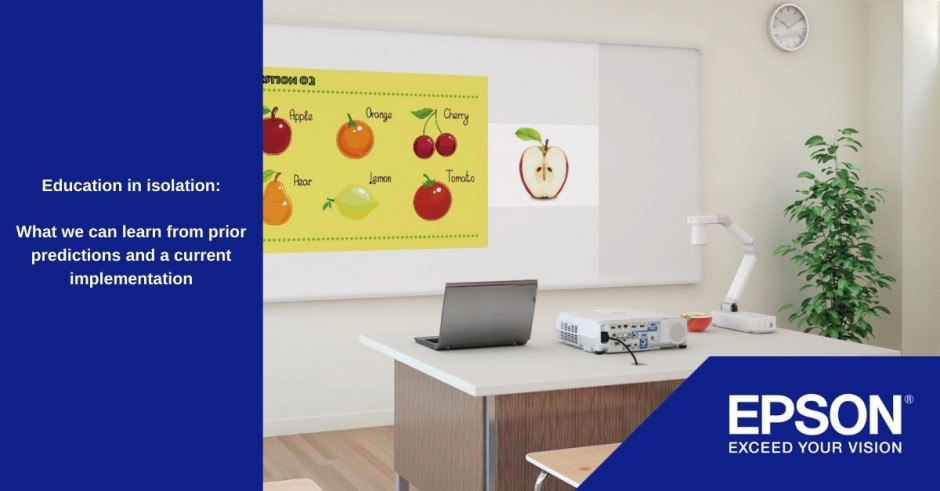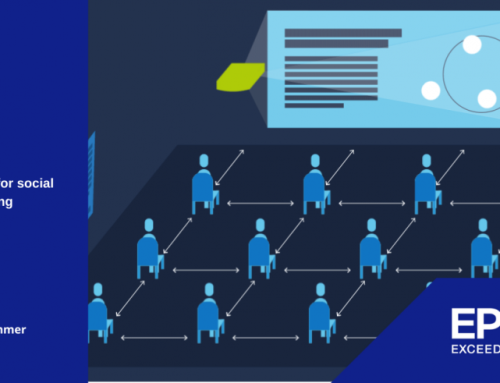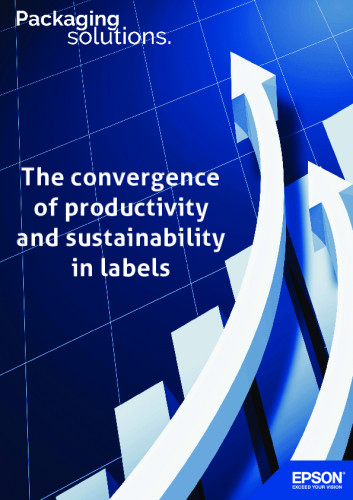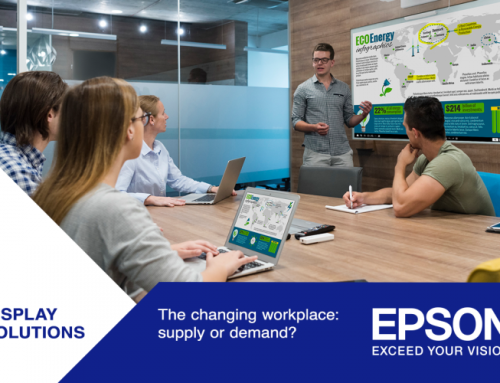Stark choices ahead for European business when it comes to relationships with technology

Over the coming years, our industries and workplaces will undergo dramatic transformation, reshaping how companies are organised and how people work. From manufacturing and retail to education and healthcare, critical choices need to be made now in order to open up future opportunities. The way we educate and train people, the way we regulate industry, and the way we ensure that companies remain competitive and also serve society are all big topics of discussion.
With this in mind, Epson recently embarked on a piece of research with the aim of understanding not just the expected major trends in workplace technologies and how they will transform industries and work, but also the willingness of people to embrace these technologies and changes. This first-of-its-kind research tested the acceptance of insights from 17 global industry experts with over 7,000 company leaders and employees in the five largest European economies. Findings suggest there are some hard choices are ahead for individuals, employers and policymakers alike with regards to technology adoption. These choices, which may well impact individual employability, corporate performance and international competitiveness, are greeted with mixed emotions towards the potential benefits (and perceived threats) of technology in different industries and economies.
Across industries including healthcare, education, retail and manufacturing, over half (57%) of the European workforce believe industries and organisational models will be disrupted by technology during the next ten years, and 6% agreed that their individual roles will no longer exist. Based on current models, this figure suggests employment levels could reduce to 64%, lower than that of ten years ago1. Despite this, when shown how technology could shape their workplaces, 72% expressed positive sentiment about the future, with 65% of respondents expressing a willingness to retrain for new roles.
But this optimism may well be in vain if organisations themselves do not seek to maximise the opportunity afforded by new technology. With only 14% of employees considering their organisations ‘excellent’ at monitoring for new technology advancements, and less than a third (28%) believing their organisations are particularly good when it comes to implementing new technology, the question over whose responsibility it is to drive the implementation and use of new technology remains.
What there is no dispute over however, is that our ‘working world’ as we know it is set to be transformed. How we as individuals, organisation and nations adapt and evolve will likely decide who remains successful and who does not.
Over a series of posts we will share insights from this research, and discuss the considerable gaps identified in organisational readiness and individual awareness as to the benefits of technology. We will also look at responsibility and how best to prepare for the future. Although technology may be driving massive change, behind this is the human drive to create a better society. Technology is the means to achieve this improvement, not the end in itself. But it’s clear that there are stark choices ahead for European business when it comes to relationships with technology.
Want to know more?
The full report has all the insights, you can download it here
1. http://ec.europa.eu/eurostat/statistics-explained/index.php/Employment_statistics





